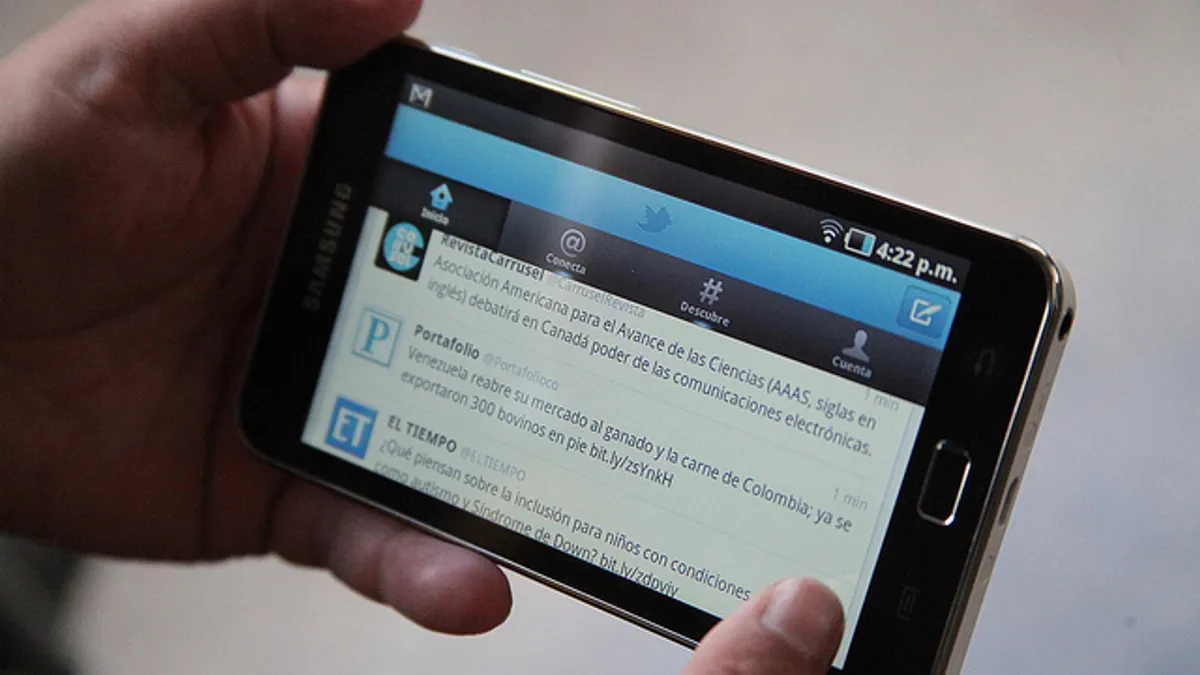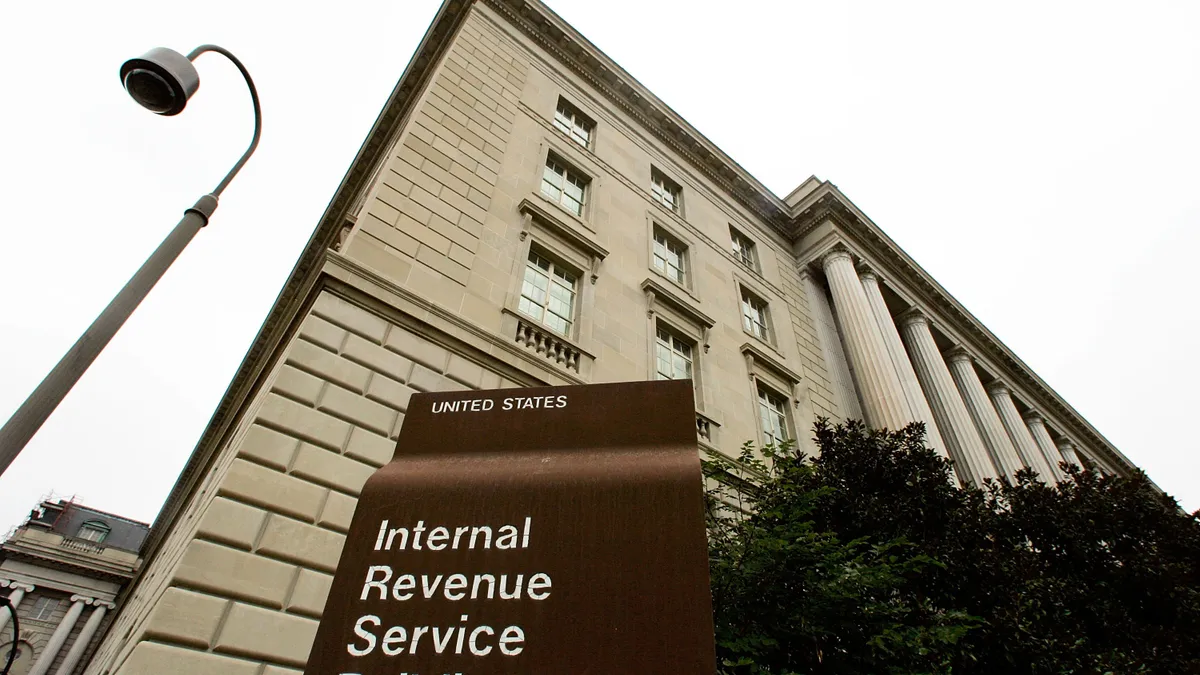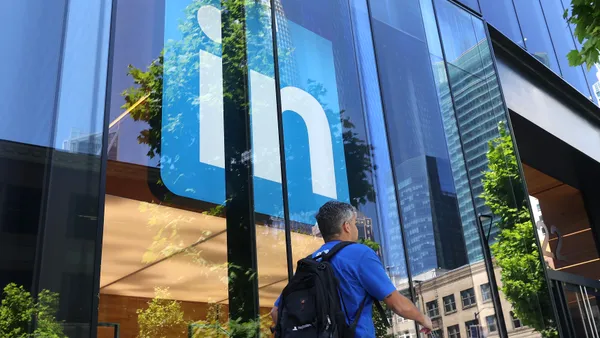Dive Brief:
- Mobile security - on phones and tablets - is considered the next frontier when it comes to workplace data risk, according to Fortune.
- Even seemingly safe harbors such as Apple iOS have experiened hacks, and Google Android's market store has been riddled with risky offerings. The leading risk factors include malware-laden apps, security holes, and unsecured Wi-Fi connections, a recent survey found.
- The same survey reported that nearly three-quarters of the 100 IT and security experts surveyed (about half of whom are CIOs) say that their organizations have “experienced a data breach as a result of a mobile security issue.”
Dive Insight:
According to the IDG Research Services survey, done this past August in conjunction with Lookout, roughly two-thirds of organizations have a mobility program in place: a bring-your-own-device (BYOD), a corporate owned personally-enabled (COPE) environment, or a mix of these two common approaches. In addition, 82% of respondents report that the majority of their corporate data is accessible to users via mobile devices
While more mobile device access is expected to bring higher productivity, it also potentially gives hackers many new entry points into corporate networks, according a Lookout executive. On the other hand, Fortune also said that the IDG/Lookout survey conflicts Verizon’s 2015 data breach investigations report, which minimizes the threat posed by mobile handsets.
Clearly, this is a job for the data security experts to sort out. But HR, which may be part of setting corporate use policy for technology, should always be part of the discussion on the human side of mobile use in the workplace.













